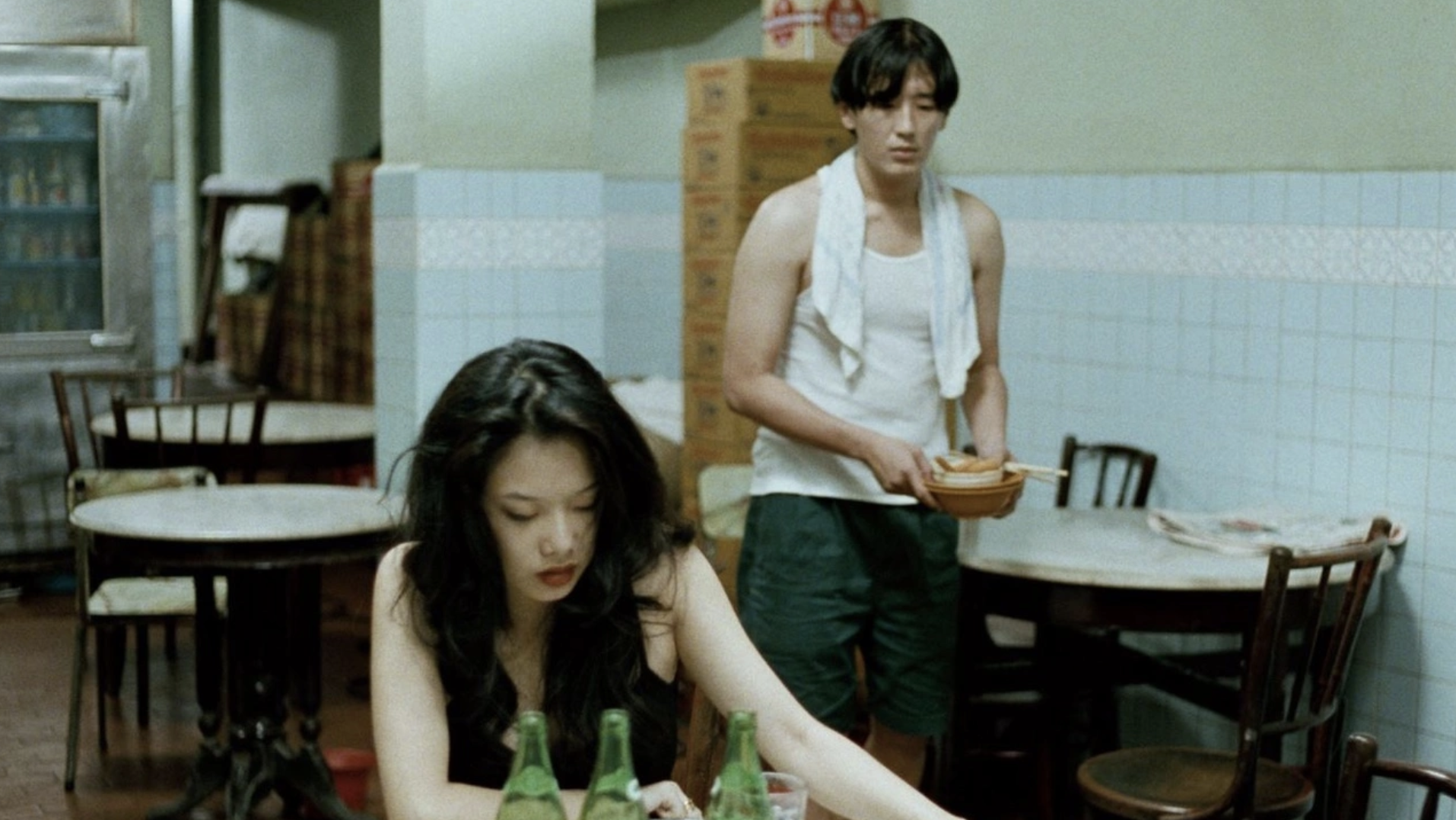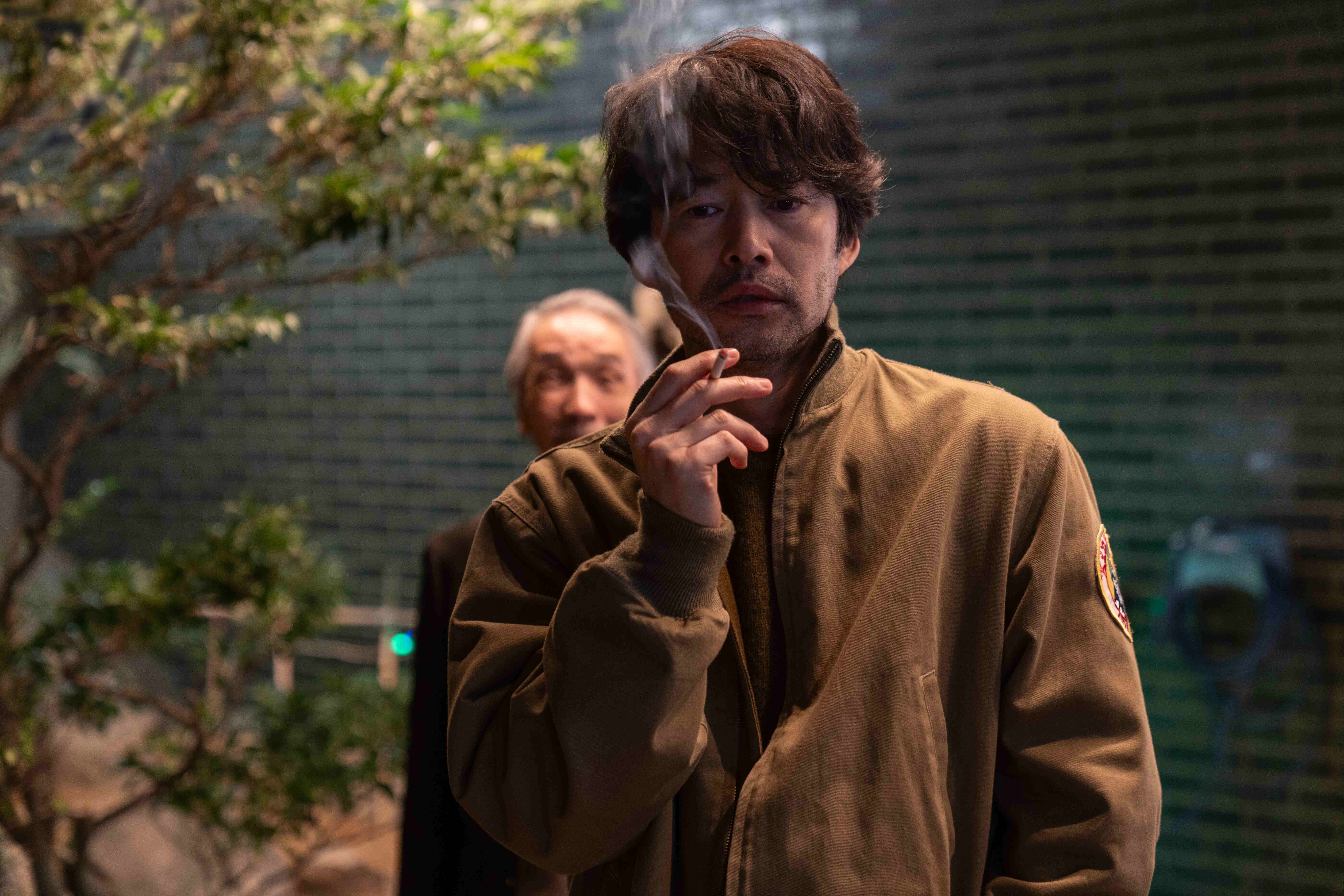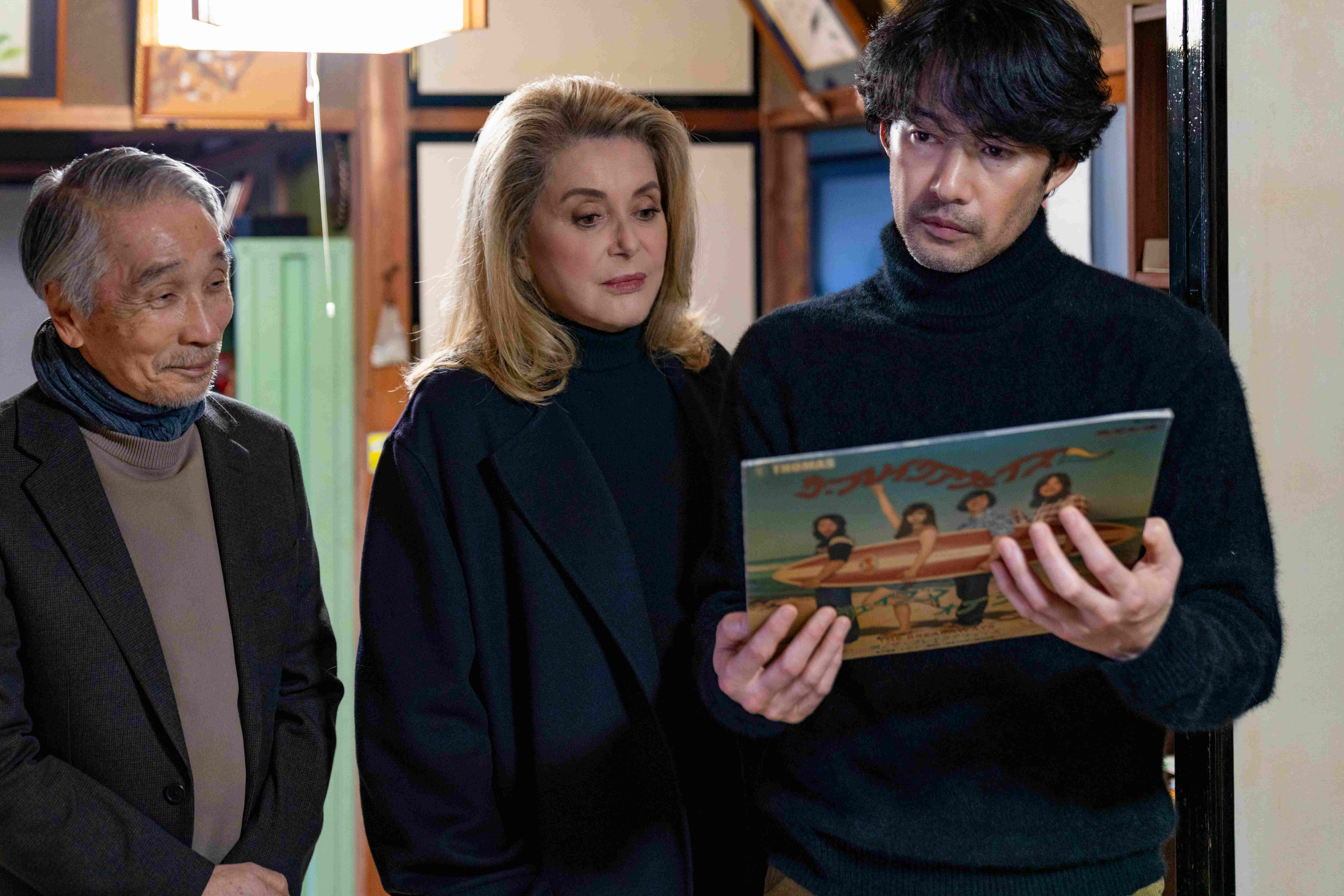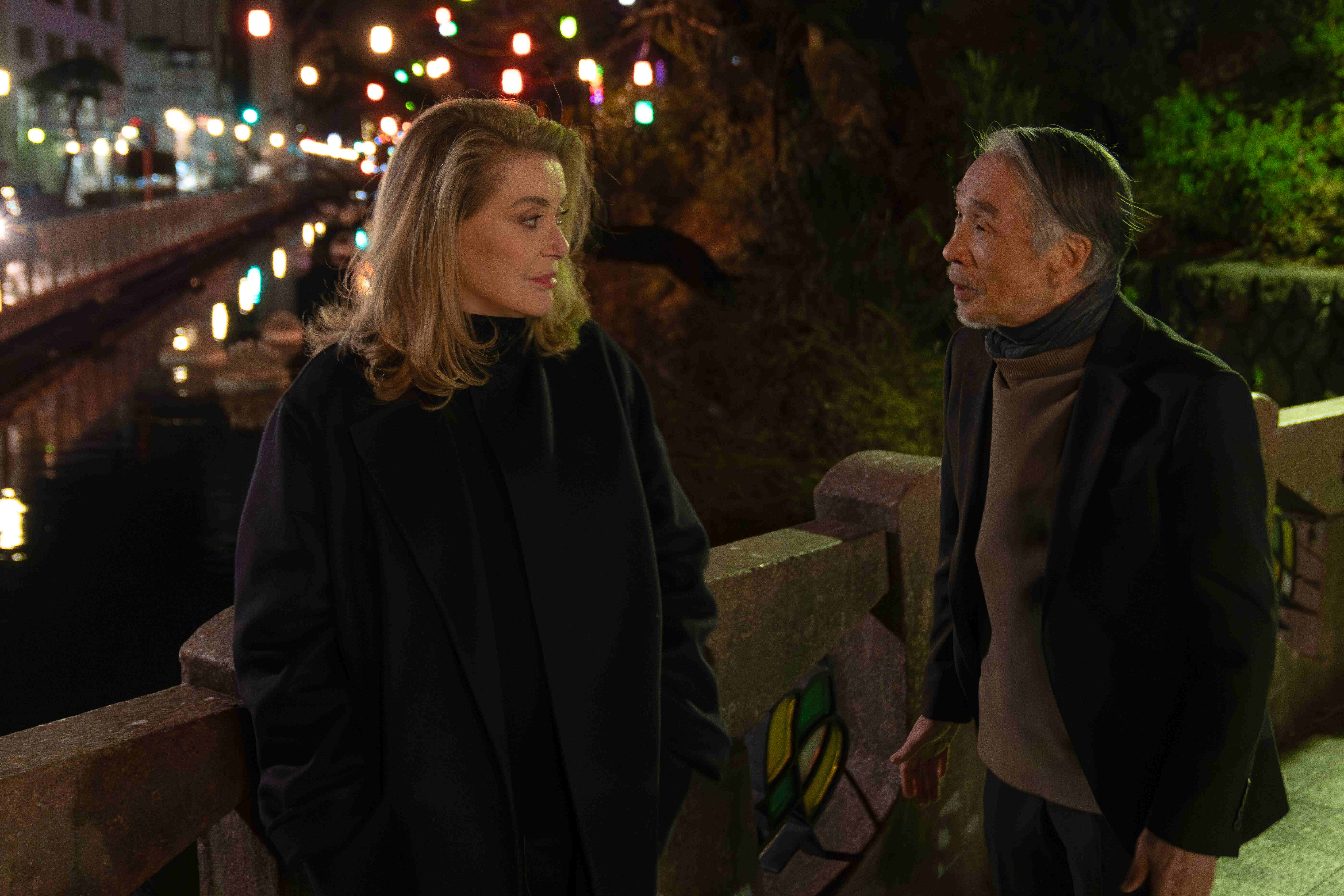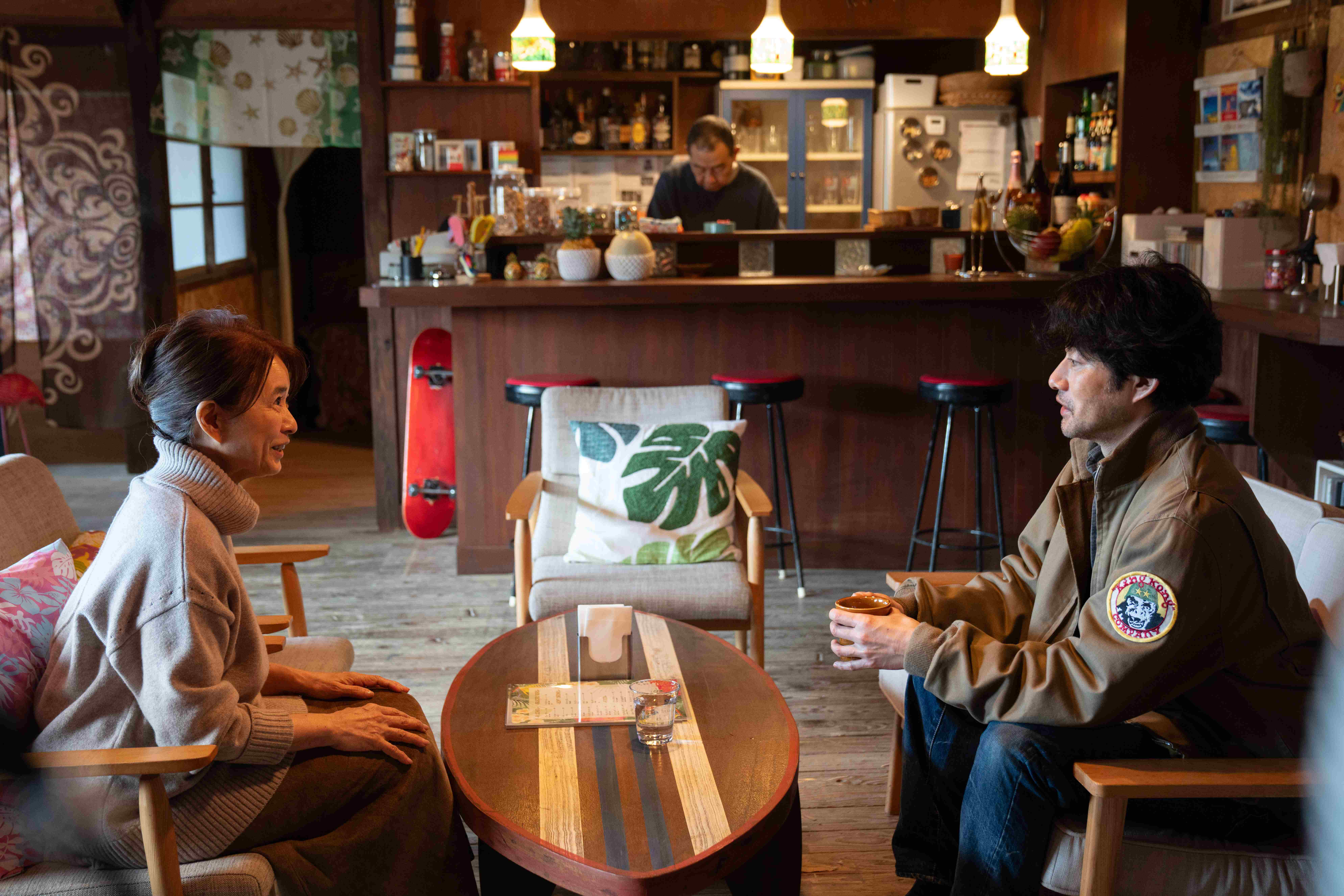Eric Khoo, often hailed as the godfather of Singapore cinema, has been instrumental in shaping the local film landscape and elevating the Singapore International Film Festival (SGIFF) to new heights. With his visionary storytelling and unwavering dedication, Khoo has not only put Singaporean films on the global map but has also nurtured a generation of local filmmakers. His influence extends beyond the screen, fostering a thriving film culture in Singapore.
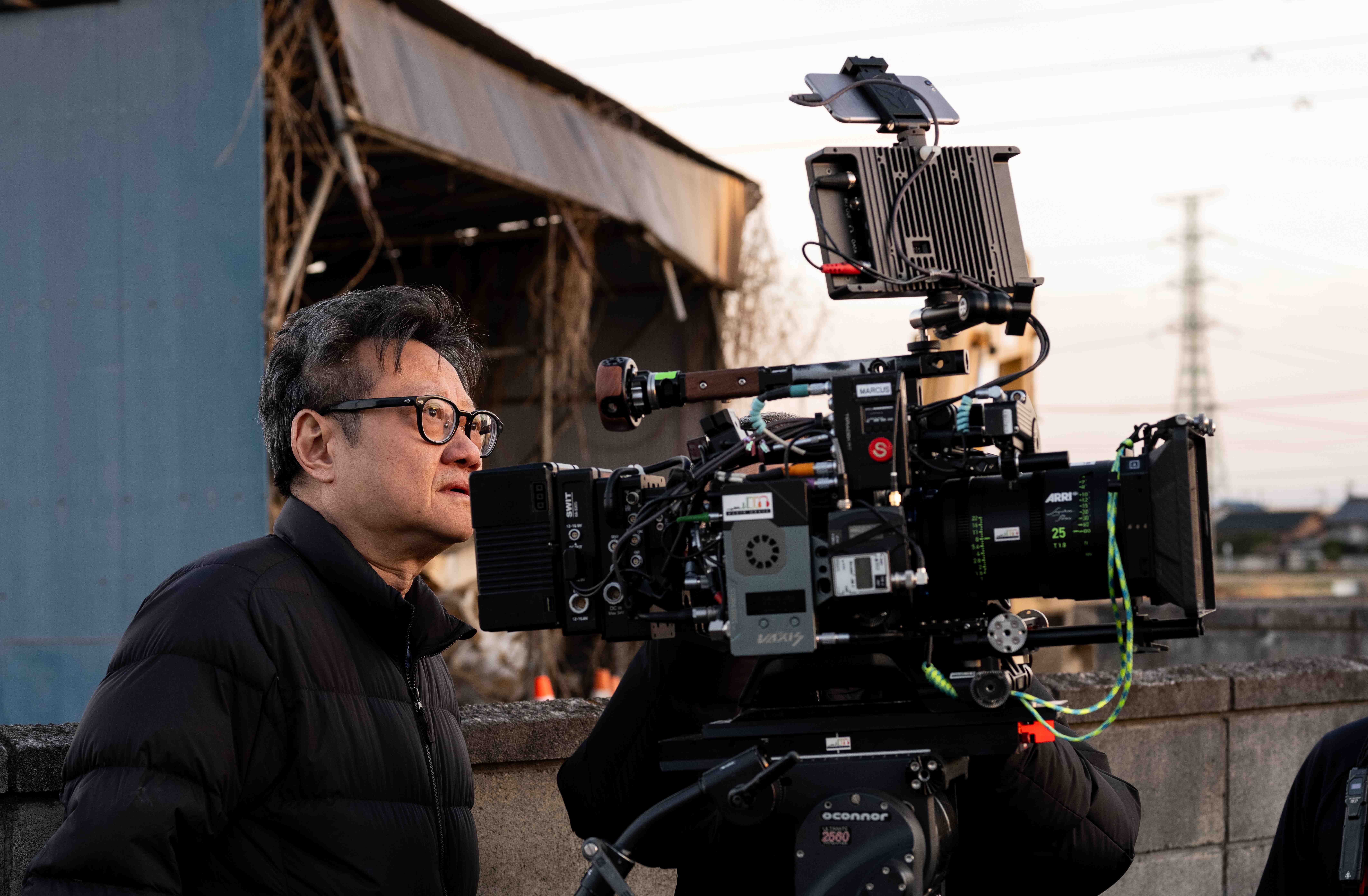
If you'd told me a year ago that I'd be chatting at Goodwood Park Hotel’s bar with this cinematic icon, I'd have thought you were delusional. But there I was, immersed in a conversation with Khoo about his latest film “Spirit World”, which featured at this year’s SGIFF 2024.
As we sat down for a wide-ranging conversation, Khoo candidly shared with Catch about his love for SGIFF, horror, the craft of filmmaking, and the challenges facing cinemas today.
THE GODFATHER OF SINGAPORE FILM
Khoo’s passion for filmmaking was ignited during his youth. His short film “Pain” marked a pivotal moment, albeit with controversy. Banned in Singapore for its content, the film was still allowed to compete in international sections at the SGIFF, where it earned him the Best Director and Special Achievement awards. “I didn’t even know what the Special Achievement award was,” Khoo recalled.
“It turned out to be sponsorships for equipment and post-production. That’s when I thought, why not use these resources to make a feature film?”
The result was “Mee Pok Man” which was released in 1995, a low-budget feature that launched his career. “The production was a challenge,” Khoo shared. “Everything that could go wrong on the first day did. But my team’s dedication pulled us through. Making a feature film is never a solo effort—it’s a collective passion.”
From battling censorship to advocating for industry infrastructure, Eric Khoo’s journey is one of resilience and vision. His films, rich with personal and cultural nuances, continue to inspire audiences and filmmakers alike. As he ventures into new territories with his latest film “Spirit World”, Khoo remains a steadfast champion of Singaporean cinema.
SGIFF’S LIFE-CHANGING PLATFORM AND EXPOSURE
SGIFF’s emphasis on nurturing local talent and showcasing Southeast Asian films has made it a cornerstone of Singapore's film culture. “Back then, everyone submitted their short films—Royston Tan, Jack Neo, Kelvin Tong,” Khoo noted. “It was the starting point for many of us.”
Khoo also contributed to the industry’s growth by advocating for the establishment of the Singapore Film Commission in 1998. “We wanted to create a system that could support and promote filmmakers,” he said. “Today, it’s amazing to see so many genres and directors emerging from Singapore.”
The festival holds a special place in Khoo’s heart. He credits the festival with broadening Singaporeans’ cinematic horizons. “When it started, I’d watch three films in a single weekend,” he recalled. “It introduced us to independent and international cinema, enriching our understanding of world cinema.”
Presenting his first feature film at SGIFF remains one of Khoo’s most cherished memories. “Standing on that stage, we weren’t even sure the film was fully completed until that night,” he laughed. “But it was a pivotal moment that affirmed my path in filmmaking.”
SPIRIT WORLD AND TAPPING INTO HIS LOVE FOR HORROR
“Spirit World” is a fantasy drama film blending life, death and the afterlife. It follows Claire Emery, a celebrated French singer portrayed by Catherine Deneuve, who dies after her final concert in Tokyo. In the afterlife, she meets Yuzo, a devoted fan and fellow departed soul. They embark on a journey through the liminal space between worlds, uncovering hidden truths about life, memory, and closure.
Set against a transcultural backdrop, the film explores themes of legacy and transition, offering a heartfelt reflection on art's enduring impact. It premiered as the closing film of the 2024 Busan International Film Festival.
For Khoo, horror reflects life’s rawest emotions. “A good horror film mirrors real life and the pain within it,” he explained. “That’s what makes it powerful.”
He cites “The Orphanage” as a standout supernatural film. “It’s beautifully shot, a true masterpiece in storytelling,” he said. Khoo’s appreciation extends to classic monster films, with “Jaws” topping his list. “It’s not just a horror film; it’s about human resilience. It’s absolutely amazing.”
One might say that the interest in this genre, coupled with a fascination with the afterlife, created this alternative reimagination of the in between and space.
A PERSONAL SPIRITUAL ODYSSEY
“Spirit World” is deeply spiritual, both in its narrative and production. He shared about a moment in the film where a character hears something and how this mirrored his real life, reflecting how he sometimes feels his late mother whispering in his ear to guide him along. “The film is about catching that fleeting wave of inspiration and holding onto it,” he reflected. “If you miss it, it’s gone.”
Filming in Japan posed unique challenges but also yielded remarkable rewards. “The collaboration between Japanese, French, and Singaporean crews was magical,” Khoo said. “The light in Japan is extraordinary — it transforms every scene into something luminous.” For Khoo personally, Japan has always felt deeply spiritual. Which is why staging it anywhere else would not have been the best conveying of the message.
And most importantly, Khoo believes a strong narrative transcends cultural and commercial barriers. “Story is everything,” he said. “As filmmakers, we have to create something we’ve never seen before, especially coming from Singapore. That’s how we stand out globally.”
Rooted in his lifelong fascination with the supernatural, the film explores themes of loss, love, and the afterlife. “In all my films, you’ll see a spectre at some point,” Khoo explained. “But with Spirit World, I wanted to go full force—make spirits the protagonists.”
Shooting in Japan also brought a sense of serendipity. Khoo shared a memorable moment with Catherine Deneuve, who stars in the film. “We had dinner at the Okura Hotel, where she first visited in 1965, the year I was born. It felt like a beautiful full circle.”
He encourages aspiring filmmakers to approach their work with singular determination. “Give your first project everything, because it might be your last,” he advised. “Even if it’s not a commercial hit, it should be something you’re proud of—a piece that reflects what you want to say.”
Image credits: Rotten Tomatoes, Champoussin/M.I.Movies/Zhao Wei Films/KnockonWood/Wild Orange/Fourier Films






